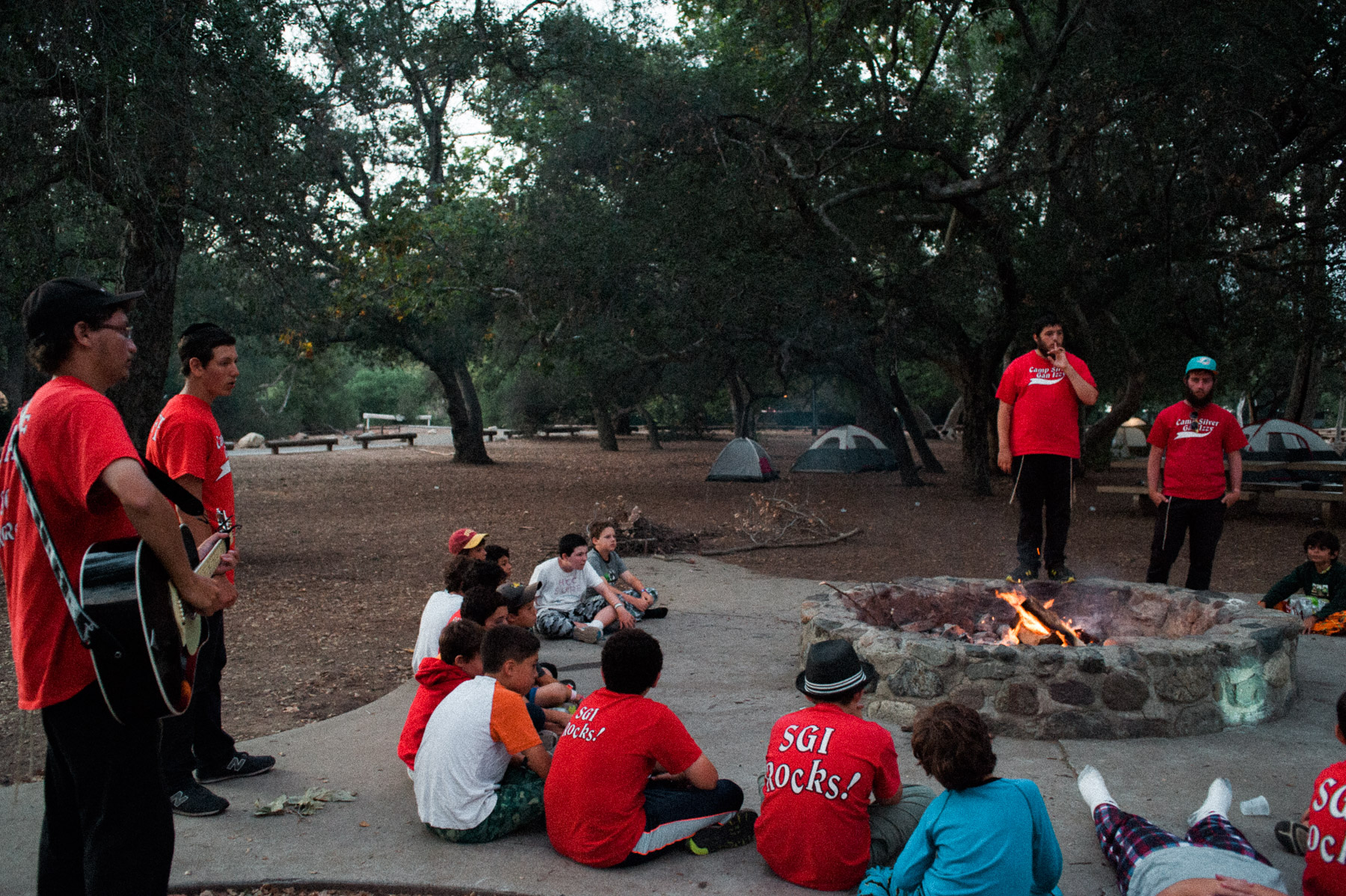I’ve been reading a lot (relative to not reading a lot). Mostly books on education and child rearing, a bit of Roald Dahl, some Calvin & Hobbes, “The Boys of Summer” an amazing book about baseball (but more about life) by Roger Kahn (who seems to be a master of the run-on-sentence, a trait which I respect immensely), and the “Autobiography of Benjamin Franklin” (though I’m unsure about the “the” before that one).
I started that last one because it was free (woohoo Guttenberg.org!), and am still reading it because it’s awesome. And unlike the Lego theme song, I don’t think everything is awesome, but awesome things are.
I just finished Chapter IX “Plan for Attaining Moral Perfection”
Now normally such a title, and probably the ensuing text, would elicit major eye-rolling and much sanctimony.
Not this one. He writes at the end about how he tried curbing his Pride, and, in his words, “I cannot boast of much success in acquiring the reality of this virtue, but I had a good deal with regard to the appearance of it… for, even if I could conceive that I had completely overcome it, I should probably be proud of my humility.”
I imagine his recipe for dialogue should be a prerequisite for all social crusaders.
“I made it a rule to forbear all direct contradiction to the sentiments of others, and all positive assertion of my own. I even forbid myself, agreeably to the old laws of our Junto, the use of every word or expression in the language that imported a fix’d opinion, such as certainly, undoubtedly, etc., and I adopted, instead of them, I conceive, I apprehend, or I imagine a thing to be so or so; or it so appears to me at present. When another asserted something that I thought an error, I deny’d myself the pleasure of contradicting him abruptly, and of showing immediately some absurdity in his proposition; and in answering I began by observing that in certain cases or circumstances his opinion would be right, but in the present case there appear’d or seem’d to me some difference, etc. I soon found the advantage of this change in my manner; the conversations I engag’d in went on more pleasantly. The modest way in which I propos’d my opinions procur’d them a readier reception and less contradiction; I had less mortification when I was found to be in the wrong, and I more easily prevail’d with others to give up their mistakes and join with me when I happened to be in the right.”
I may as well just copy and paste the whole book, so here goes… just kidding! sheesh!
But this one paragraph really spoke to me. He was talking about his once-upon-desire to start a Society called “The Society of the Free and Easy: free, as being, by the general practice and habit of the virtues, free from the dominion of vice; and particularly by the practice of industry and frugality, free from debt, which exposes a man to confinement, and a species of slavery to his creditors.”
And he ends of with (emphasis added): “and I was not discourag’d by the seeming magnitude of the undertaking, as I have always thought that one man of tolerable abilities may work great changes, and accomplish great affairs among mankind, if he first forms a good plan, and, cutting off all amusements or other employments that would divert his attention, makes the execution of that same plan his sole study and business.”
I’m gonna paint that on my wall. Make it my desktop. And if I still had a screensaver I would put it there as well.
We can all do great things, if we just put our minds to it.
///
Last year I had the privilege of documenting the local Gan Israel Day Camp, where both I and my wife we campers and later on counselors (it's part of the largest Jewish network of Summer Camps started by the Lubavitcher Rebbe). It’s a wonderful camp , on a huge campus. We look at these organizations and programs and think “that’s amazing! I could never start something like that.” But we are just selling ourselves short…
for “one man of tolerable abilities may work great changes”…
May we all work great changes and accomplish great affairs among mankind.







































































